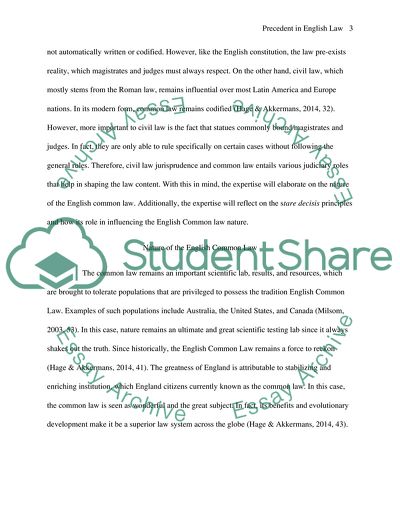Cite this document
(Precedent in English Law Essay Example | Topics and Well Written Essays - 1500 words, n.d.)
Precedent in English Law Essay Example | Topics and Well Written Essays - 1500 words. https://studentshare.org/law/1870013-precedent-in-english-law
Precedent in English Law Essay Example | Topics and Well Written Essays - 1500 words. https://studentshare.org/law/1870013-precedent-in-english-law
(Precedent in English Law Essay Example | Topics and Well Written Essays - 1500 Words)
Precedent in English Law Essay Example | Topics and Well Written Essays - 1500 Words. https://studentshare.org/law/1870013-precedent-in-english-law.
Precedent in English Law Essay Example | Topics and Well Written Essays - 1500 Words. https://studentshare.org/law/1870013-precedent-in-english-law.
“Precedent in English Law Essay Example | Topics and Well Written Essays - 1500 Words”. https://studentshare.org/law/1870013-precedent-in-english-law.


